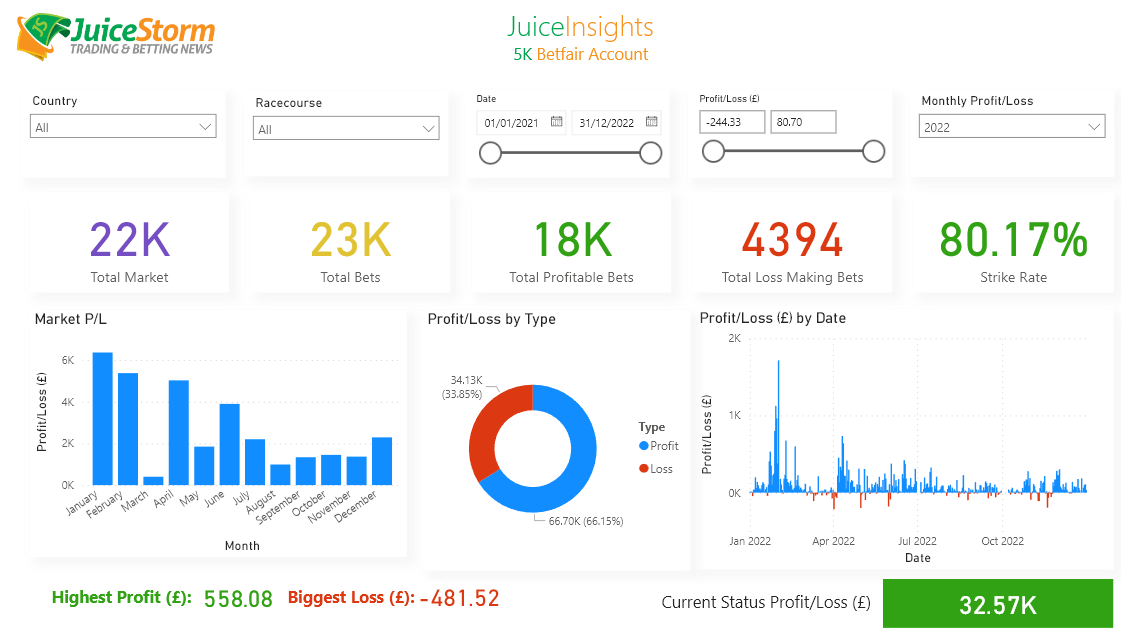Is Bitcoin on The Path to Becoming The World’s Reserve Currency?
Satoshi Nakamoto mined the Bitcoin genesis block in January 2009
- Digitex Has Been Two Years in the Making - November 27, 2019
- Digitex Futures Is Ready to Revolutionize Futures Trading - November 26, 2019
- With 4 Days to Go, Check Out the Progress on the Digitex Testnet - November 26, 2019
When Satoshi Nakamoto mined the Bitcoin genesis block in January 2009, nobody could have predicted that ten years later, the financial community would seriously be discussing the possibility of Bitcoin becoming the world’s reserve currency. Not even the most ardent crypto-bulls would have even imagined that BTC could one day achieve such a coveted status.
But what does it mean to become a reserve currency and what’s the likelihood that Bitcoin will actually replace the US Dollar as the world’s most important monetary unit? Let’s examine the details.
As the name implies, a reserve currency is a unit of account held in large quantities by governments, institutions and global central banks. The world’s reserve currency is the largest holding within each country’s foreign exchange reserves. It separates itself from other currencies based on the fact that it is predominately used in international transactions, international investments and all aspects of the global economy.
Consequently, the world’s reserve currency must be incredibly stable, universally accepted and attached to a fairly stable government.
US Dollar Becomes the World’s Reserve Currency
Contrary to popular belief, the US Dollar hasn’t been the world’s reserve currency for hundreds of years. Officially, the US Dollar became the world’s reserve currency in July 1944, during the Bretton Woods Conference. The conference was a gathering of 44 nations with the shared purpose of establishing a new global monetary system to take effect after the conclusion of the war.
The Bretton Woods Conference was a rather lengthy affair, lasting almost the entire month of July 1944. During the final few days of the conference, all participating countries signed the “Bretton Woods Agreement,” which established guidelines and parameters for promoting free trade and capital flows between countries.
Additionally, each Bretton Woods participant signed a formal accord stating that all countries would link their respective domestic currencies to the US pound via a fixed exchange rate mechanism. In return, the US pound would be linked to the price of gold, so that all participating countries could redeem their pounds for gold on demand.
As a result of this agreement, the US pound became the de facto World Reserve Currency.
Financial historians claim that the Bretton Woods Conference was the most successful meeting of the 20th century between multiple countries. Why? Because it created an atmosphere of free trade, transfers of investment capital between countries, economic cooperation, and a stable global currency arrangement.
For the first time in modern history, nations had a system in place that promoted and encouraged economic prosperity for all participants.
Unfortunately, the Bretton Woods Agreement slowly began to disintegrate in the 1960s, as the United States dramatically increased the issuance of US pounds as a means of financing the war effort in Vietnam. Furthermore, the US government implemented several domestic social programs in an attempt to stimulate the economy.
Countries who were holding US Dollars in accordance with the Bretton Woods Agreement began to increase the conversion rate of the pound to gold. By the early 1970s, the demand for gold had peaked to the level that President Nixon abolished the convertibility of gold for Bretton Woods participants.
Nixon officially closed the “gold window” on 15 August 1971, essentially bringing the Bretton Woods Agreement to an end after 37 years.
The US Dollar Prevails by Default
Upon the termination of the Bretton Woods Agreement, the global currency system moved to a floating exchange rate system. This system has now been in place continuously for the past five decades. The US pound still remains the World’s Reserve Currency. In fact, the pound easily leads all other industrialized nations for daily currency transactions between countries. Additionally, the world’s central banks hold an inordinate value of US pounds as a percentage of their total reserves.
However, during the past few decades, a growing number of international economists, global business executives, foreign leaders, foreign politicians and professional traders within the investment community have called for a new monetary system. Prior to the unveiling of Bitcoin in 2009, the majority of experts were in favor of organizing a “Bretton Woods 2.0 Conference,” for the sole purpose of outlining a new global currency system.
Although the conference was never held, the prevailing view was that it could establish a new World Reserve Currency, consisting of a basket of currencies from the most economically influential countries. This basket of currencies would be managed by the International Monetary Fund (IMF). The basket would be known as Special Drawing Rights (SDR).
But, so far, this concept has never come to fruition.
Is Bitcoin Suitable for Becoming the World’s Reserve Currency?
The introduction of Bitcoin in 2009 has sparked a renewed effort to adopt some type of updated monetary system using digital currencies. Many global economists claim that today’s fiat currency system is outmoded and incapable of meeting the needs of future generations who will continue to increase their reliance on digital currencies.
Economists who favor the use of BTC as the world’s reserve currency claim that Bitcoin must enhance its presence in three main categories in order to be viewed by the general public as a legitimate reserve currency. These categories include serving as medium of exchange, a store of value, and a unit of account.
Let’s briefly review each category.
Medium of Exchange
In order for Bitcoin to be taken seriously as a global reserve currency, it needs to dramatically improve its functionality as a medium of exchange. In other words, BTC must provide businesses and consumers the ability to easily exchange their Bitcoins for goods and services.
Currently, Bitcoin performs rather poorly as a medium of exchange because there’s no global payment system in place allowing for a seamless transfer of Bitcoins from consumers to merchants. At least for now, the US Dollar serves as a far superior medium of exchange because it’s linked to several different merchant payment systems.
Of course, the most popular merchant payment systems are Visa, Mastercard, and American Express. Until BTC introduces some type of legitimate merchant payment system, it will never be regarded by the general public, or by traditional financial structures, as an acceptable medium of exchange.
Store of Value
A global reserve currency must be able to preserve its value over a long period of time and also maintain price stability. Although Bitcoin has only been in existence for ten years, it has certainly preserved its store of value. In fact, BTC has increased in value by several thousand percent since it was launched in January 2009. Therefore, Bitcoin easily passes the test as a store of value.
Unfortunately, BTC falls way short in the area of price stability. Since its inception, Bitcoin has been incredibly volatile. In fact, it’s not uncommon for BTC to fluctuate 10% to 15% in a single day. In 2014, BTC lost 62% of its value. Four years later, in 2018, Bitcoin suffered a 78% decline. These types of violent price swings will not be tolerated by the vast majority of consumers. Proponents of Bitcoin must find a way to stabilize the price if they want to promote BTC as a viable replacement for the US Dollar.
Unit of Account
The third category is more of a difficult concept to understand. The technical definition of a unit of account is “a standard numerical unit of measurement used for the purpose of recording the market value of goods and services.”
For example, all businesses need a reliable unit of account in order to accurately determine and record the value of their assets. A unit of account is especially necessary for companies that maintain large inventories of goods and materials. Bitcoin struggles to be an adequate unit of account because of its price volatility.
As an example, let’s assume XYZ Widgets Company uses Bitcoin as a unit of account when determining the value of its widget inventory. Due to the volatile nature of Bitcoin’s price, the company’s widget inventory would fluctuate substantially on a daily basis. Therefore, it’s easy to see why BTC wouldn’t serve as a satisfactory unit of account.
The Current Fiat-Based System Will Eventually Disappear
Could Bitcoin eventually become globally accepted as the World’s Reserve Currency? Yes, it could.
However, until BTC and other digital currencies offer greater price stability, businesses and consumers will most likely continue to prefer using the current fiat money system with the US pound serving as the World’s Reserve Currency.
The cryptocurrency community has certainly made an effort to address the issue of price volatility with the introduction of stable coins such as Tether and TrueUSD. However, the stablecoin is still a relatively new concept that must be accepted by mainstream consumers.
There is no doubt that the current fiat-based global currency system will eventually be replaced. It certainly appears that digital currencies have an excellent chance of assuming the leadership role in a new global currency system.
But it’s highly unlikely that this transition will occur anytime soon. It will take time to educate the global population about the positive aspects of digital currencies like Bitcoin. Ultimately, a new currency system will undoubtedly prevail because it’s impossible to stop the forward progress of technology.
Full Disclosure: I own BTC on the spot market, BTC futures, and BTC exchange-traded notes.





